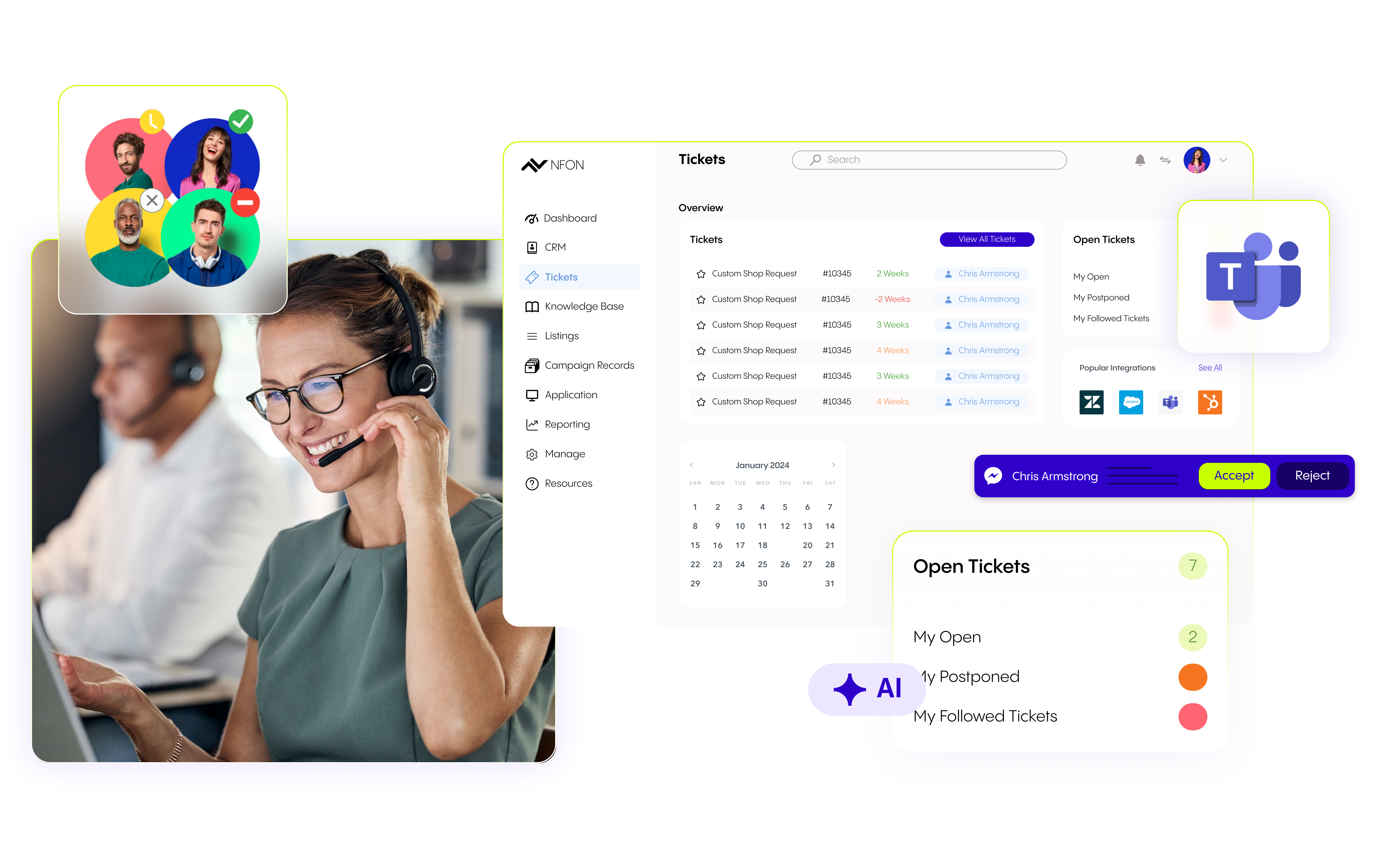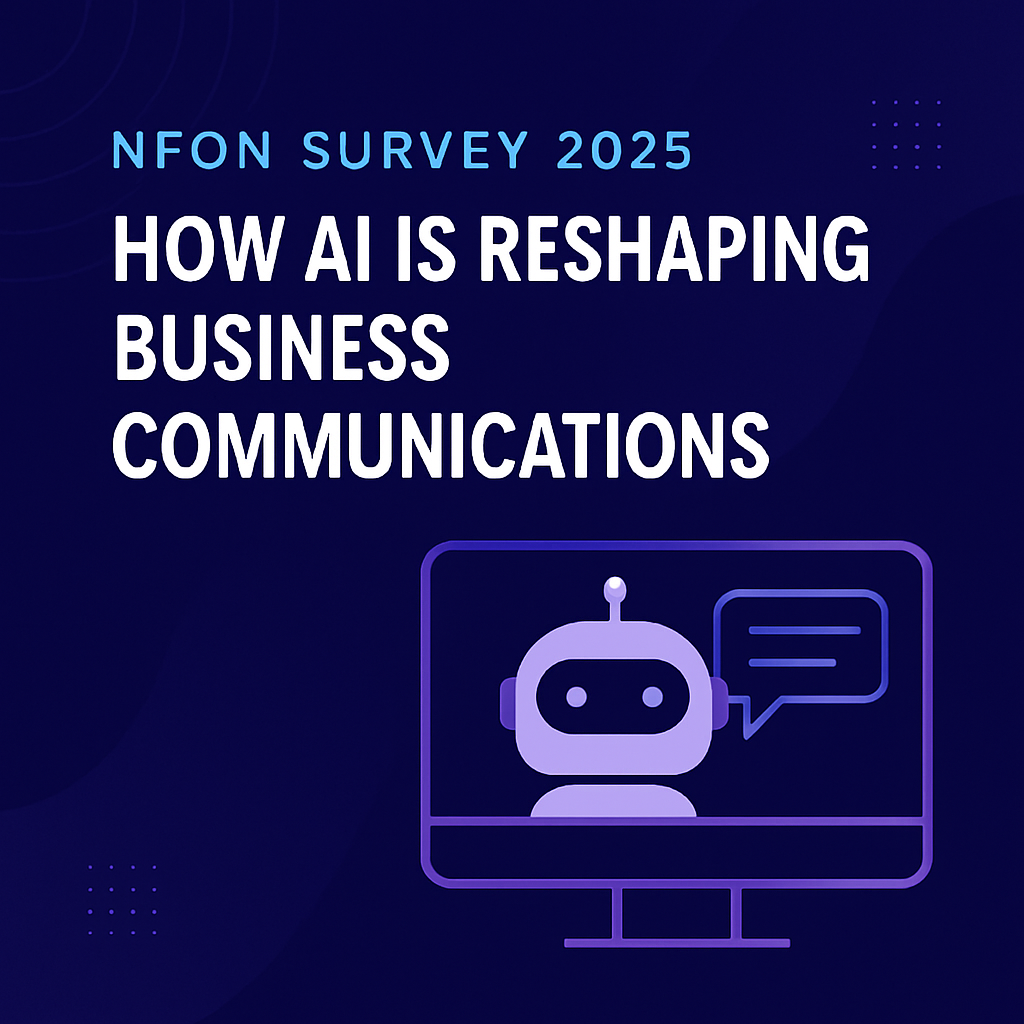One of the most frustrating things about researching business phone systems is being bombarded with industry jargon.
ISDN, PSTN, FFTC, FTTP, SIP, LAN...the list goes on.
Especially if you are under pressure to make an investment decision, and simply don’t have the time to research all the ins and outs of the telecommunications industry.
So rather than create a barrier to entry, we thought we’d create some simple, bite-sized content for anyone looking to know more about business phone systems and the solutions that are on the market.
One of those solutions is VoIP.
Read on to have your key questions on VoIP systems explained: what VoIP means, how VoIP works, the numerous benefits that it has to offer, and more.
What does VoIP mean?
VoIP stands for Voice over Internet Protocol.
In layperson’s terms, it means that rather than transmitting voice and other media over physical phone lines (like a traditional landline telephone would), a VoIP telephone operates over theinternet.
It does this by converting audio signals into millions of digital ‘data packets’, which can then be sent over the net at top speed.
While a lot of telephones used across the UK use some degree of digital technology to connect their calls and transmit voices, the core of the UK’s network still relies on physical wiring.
(Yes, the kind that was installed by BT in the 1980s.)
What are the benefits of VoIP?
As a solution that works via software rather than hardware, VoIP presents a number of advantages over other business telephone systems on the market.
It saves on cost
Opting for a software-based phone system saves you many of the usual costs of physical phone systems, including international calls, line rental, installation and maintenance costs.
VoIP is operated by a third-party, much like a mobile phone network is.
You pay for what you need, in exchange for a single, affordable subscription fee.
It supports more flexible ways of working
With a VoIP phone system, team members have their own number which makes them contactable wherever they are.
That means they can access your company’s phone system and number from any location, on any device, as long as they have an internet connection.
This makes VoIP the perfect phone system if you are wanting to move towards more hybrid and flexible ways of working, combining both office-based and remote dynamics.
It gives you the latest technology, at all times
Because VoIP is software-based, it can automatically update itself like all good cloud-based technology, and this all happens in the background without impacting you, just like updating an app on your phone.
This means that when you use a VoIP phone, you can rest assured that you are always operating on the latest and best technology available.
“Anything else I need to know?”
VoIP requires internet connection – which can be broadband or even using mobile data, so make sure you have something set up before you start making plans to switch from your current phone.
So there you have it, that’s voice over IP explained.
If you have any other questions, we’re more than happy to help.
Get in touch with a member of our team today.









